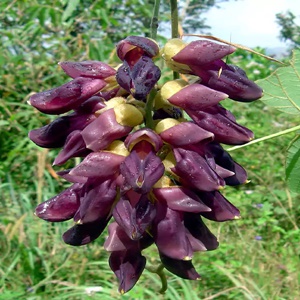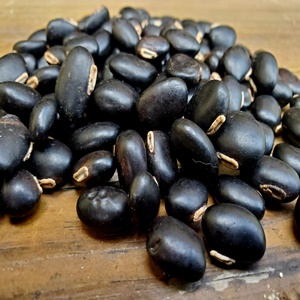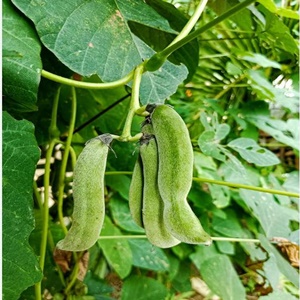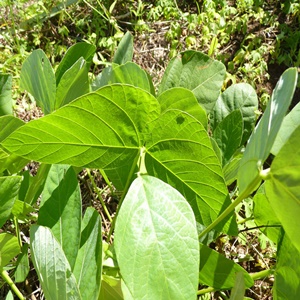Mucuna pruriens , also known as the velvet bean, is a tropical leguminous plant found in regions like Africa, India, and parts of Southeast Asia. The seeds of this plant are covered by a tiny structure that looks velvety, which is why it is named the velvet bean. Besides being used in traditional medicines, it also offers numerous health benefits such as mood enhancement, neurological support, and more.
What is Mucuna Pruriens?
Mucuna pruriens is a climbing plant known for producing pods containing seeds with a unique texture. These seeds are often processed into powders, capsules, or extracts for medicinal use. Traditionally, it has been used to treat conditions such as Parkinson’s disease, anxiety, and even as an aphrodisiac.




Active Compounds in Mucuna Pruriens
The main active compound in Mucuna pruriens is L-DOPA (levodopa), a precursor to the neurotransmitter dopamine. Dopamine helps regulate mood, movement, and motivation. The presence of natural L-DOPA in Mucuna pruriens is one reason for its popularity in supporting treatments related to Parkinson’s disease, where dopamine-producing neurons are damaged.Health Benefits of Mucuna Pruriens
- Supports Brain Health:Mucuna pruriens is often used as a natural supplement to increase dopamine levels in the brain due to its L-DOPA content. Dopamine supports cognitive function, mood, focus, and mental clarity. It may also help reduce symptoms of Parkinson’s disease, such as tremors and stiffness.
- Improves Mood and Reduces Anxiety: With its dopamine-boosting effects, Mucuna pruriens may have antidepressant and anxiolytic (anxiety-reducing) properties. It promotes emotional well-being and can help alleviate symptoms of depression and anxiety.
- Enhances Libido and Sexual Health: Traditionally known as an aphrodisiac, Mucuna pruriens has been shown in studies to improve sexual health and vitality.
- Potential for Fertility Improvement: Mucuna pruriens can enhance testosterone production, improve sperm quality, and support male reproductive health.
- Antioxidant Properties: The seeds contain powerful antioxidants that help reduce oxidative stress, which contributes to chronic diseases such as heart disease, diabetes, and cancer.
Mucuna Pruriens and Parkinson’s Disease
Mucuna pruriens has shown potential benefits in the treatment of Parkinson’s disease — a neurological disorder caused by the degeneration of dopamine-producing neurons in the brain. Due to its natural L-DOPA content, it provides an alternative to synthetic L-DOPA medications, which can sometimes lead to motor fluctuations and other complications. It is known to improve motor functions, reduce symptoms, and increase dopamine levels in affected individuals.How to Use Mucuna Pruriens
Mucuna pruriens is available in several forms, including capsules, powder, and extracts. These are generally available as dietary supplements in health stores and online. It is important to follow dosage recommendations on the product label or consult a healthcare provider, as the appropriate dosage may vary for each individual. Note: Always consult a healthcare professional before starting any new supplement regimen. Since Mucuna pruriens affects dopamine levels, it may not be suitable for individuals with conditions such as bipolar disorder.Potential Side Effects and Precautions
Mucuna pruriens is generally safe for most people when used appropriately. However, some individuals may experience mild side effects such as:- Digestive upset
- Nausea
- Headache
- Insomnia (due to increased dopamine activity)
Conclusion
Mucuna pruriens has a long history of medicinal use, offering a wide range of benefits — from supporting brain and reproductive health to helping manage conditions such as Parkinson’s disease. However, it is essential to consult a healthcare professional before use to ensure safe and personalized consumption. While more research is needed to explore its full potential, Mucuna pruriens already stands as a remarkable natural supplement with proven therapeutic benefits.
Blog By:
Dr.Manisha Sharma
Assistant Professor,Department Of Science
Biyani Group of Colleges

